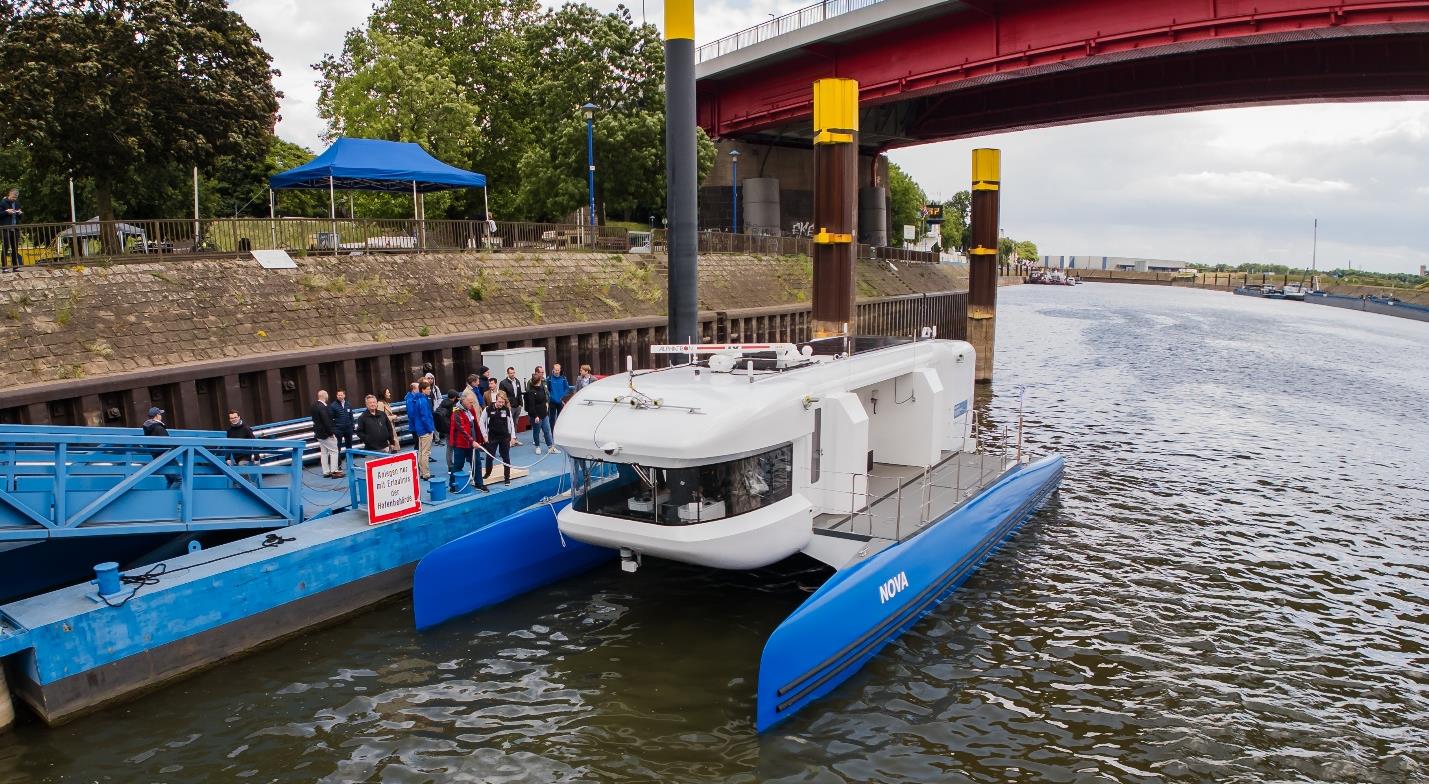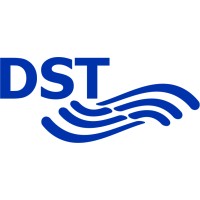Research Vessel “NOVA” deploys Torqeedo’s Electric System for Inland Shipping Advancement

NOVA, the new research vessel of the University of Duisburg-Essen (UDE) and the Development Center for Ship Technology and Transport Systems (DST), is now operational. Following two years of collaboration, Felleryachting-Werft and Torqeedo have equipped the vessel with two Deep Blue 50i motors and four Deep Blue Batteries 80. Powered by a fully integrated electric propulsion system, NOVA explores new ways to improve inland shipping efficiency and environmental sustainability.
As part of a ceremonial ship christening, research operations officially commenced on May 23 at the Port of Duisburg. Among the guests of honor was Oliver Krischer, North Rhine-Westphalian Minister for the Environment, Nature Conservation and Transport. Since Friday, the autonomous research vessel has been operating on the Rhine, testing technologies for sustainable inland shipping.
? “The christening of NOVA marks an important step towards more sustainable inland shipping. We are proud to support this forward-looking project with our comprehensive technology portfolio. Our systems are now so powerful and reliable that they can power even complex applications such as autonomous research vessels fully electrically or in hybrid mode. We are confident that the insights gained from operating the ‘NOVA’ will provide valuable momentum for the further development and widespread adoption of alternative propulsion systems in inland shipping,” said Heiko Vietmeier, CEO of Torqeedo.
The 15-meter-long NOVA features a twin-hull design, capable of transporting cargo and passengers. The vessel runs on Torqeedo’s electric propulsion system, with four Deep Blue Batteries 80 supplying energy to two 50kW Deep Blue motors and all onboard systems.
Torqeedo has integrated a comprehensive power management system, including a low-voltage circuit for navigation systems, instruments, and lighting, alongside a high-voltage propulsion system. Two coupled Torqeedo System Management Units and the OEM-Display Interface provide real-time access to system data for scientific research and power train monitoring.
Planned research trips will take place in the Port of Duisburg, across the Rhine, and within canals throughout the Ruhr region. Researchers at UDE anticipate that fully automated—partially autonomous—inland vessels could enter regular operations within the next eight to ten years.
?? Source: Torqeedo
Recent updates
Offshore Sensing joins Ocean Autonomy Cluster
ADNOC orders 2 x Remote Operated Landing Crafts at Nam Cheong shipyard
Martens en Van Oord Invests in Autonomous Electric USV by DEMCON unmanned systems
Sea Machines unveils STEAMRACER class Autonomous Ship for US Navy MASC Program
NYK invests in Oceanic Constellations to advance USV Development
UAE’s Al Seer Marine Partners with L3Harris to Advance Defense and Security USV Programs
Royal IHC and Demcon unmanned systems partner on Autonomous Maritime Operations



